In an era driven by sustainability and technological innovation, the allure of electric and alternative-fuel vehicles is hard to ignore. However, amidst the rise of greener options, it’s important not to underestimate the potential and evolution of the internal combustion truck engine. While electric and hybrid technologies are gaining traction, the internal combustion engine (ICE) continues to adapt and improve, proving that it’s far from obsolete. In this blog, we explore why the traditional ICE still has a vital role to play in the future of trucking.
Continued Refinement of Efficiency
Contrary to popular belief, ICE truck technology is far from stagnant. Engine manufacturers are consistently refining internal combustion engines to enhance fuel efficiency and reduce emissions. Advanced fuel injection systems, improved combustion techniques, and lighter materials are just a few innovations that contribute to better performance and mileage, aligning with sustainability goals.
Flexibility in Fuel Sources
Internal combustion engines have the adaptability to run on a variety of fuels, including gasoline, diesel, and alternative fuels like natural gas and propane. This flexibility offers a transition pathway for fleets looking to reduce their carbon footprint without an immediate shift to electric. Moreover, the existing infrastructure for fuel distribution supports ICEs, ensuring seamless operations during the transition.
Proven Reliability and Durability
Years of development have resulted in highly reliable and durable internal combustion engines. Trucking companies have extensive experience maintaining and repairing ICEs, which means minimal disruption to operations. This reliability is especially valuable in industries where downtime can lead to significant financial losses.
Lower Total Cost of Ownership
The initial purchase price of an ICE-equipped truck is generally lower than that of electric vehicles, which require expensive battery technology. Additionally, the maintenance and repair costs for ICEs are often more affordable due to the established infrastructure for service and replacement parts. This lower total cost of ownership can make ICE trucks more attractive for certain applications and budget constraints.
Range and Infrastructure Considerations
For long-haul and heavy-duty applications, range and charging infrastructure are critical concerns. Internal combustion engines offer a longer range and quicker refueling compared to electric alternatives. This advantage is particularly beneficial for industries that rely on constant movement and quick turnarounds, such as freight transport and logistics.
Transitional Role in Sustainability
As the world transitions to greener technologies, internal combustion engines can play a vital role in the interim. They provide a bridge that allows industries to gradually adopt electric and alternative-fuel vehicles without disrupting operations. This phased approach helps prevent rushed decisions and ensures a smooth transition to more sustainable options.
Rising Efficiency Standards
Regulations and emissions standards are driving the continuous improvement of internal combustion engines. Manufacturers are investing in research and development to meet and exceed these standards. As a result, modern ICEs are cleaner and more efficient than their predecessors, contributing to a reduction in the overall carbon footprint of the transportation sector.
Conclusion
While the emergence of electric and alternative-fuel vehicles signals a promising shift towards sustainability, it’s important to recognize that the internal combustion truck engine still has a role to play in the future of trucking. The ongoing advancements in ICE truck technology, flexibility in fuel sources, proven reliability, and lower total cost of ownership make it a viable choice for various industries. As the transportation landscape evolves, a balanced approach that considers the strengths of both internal combustion engines and greener alternatives will ensure a smoother and more sustainable transition. After all, innovation isn’t about dismissing the past; it’s about building upon it to create a better future for all.



